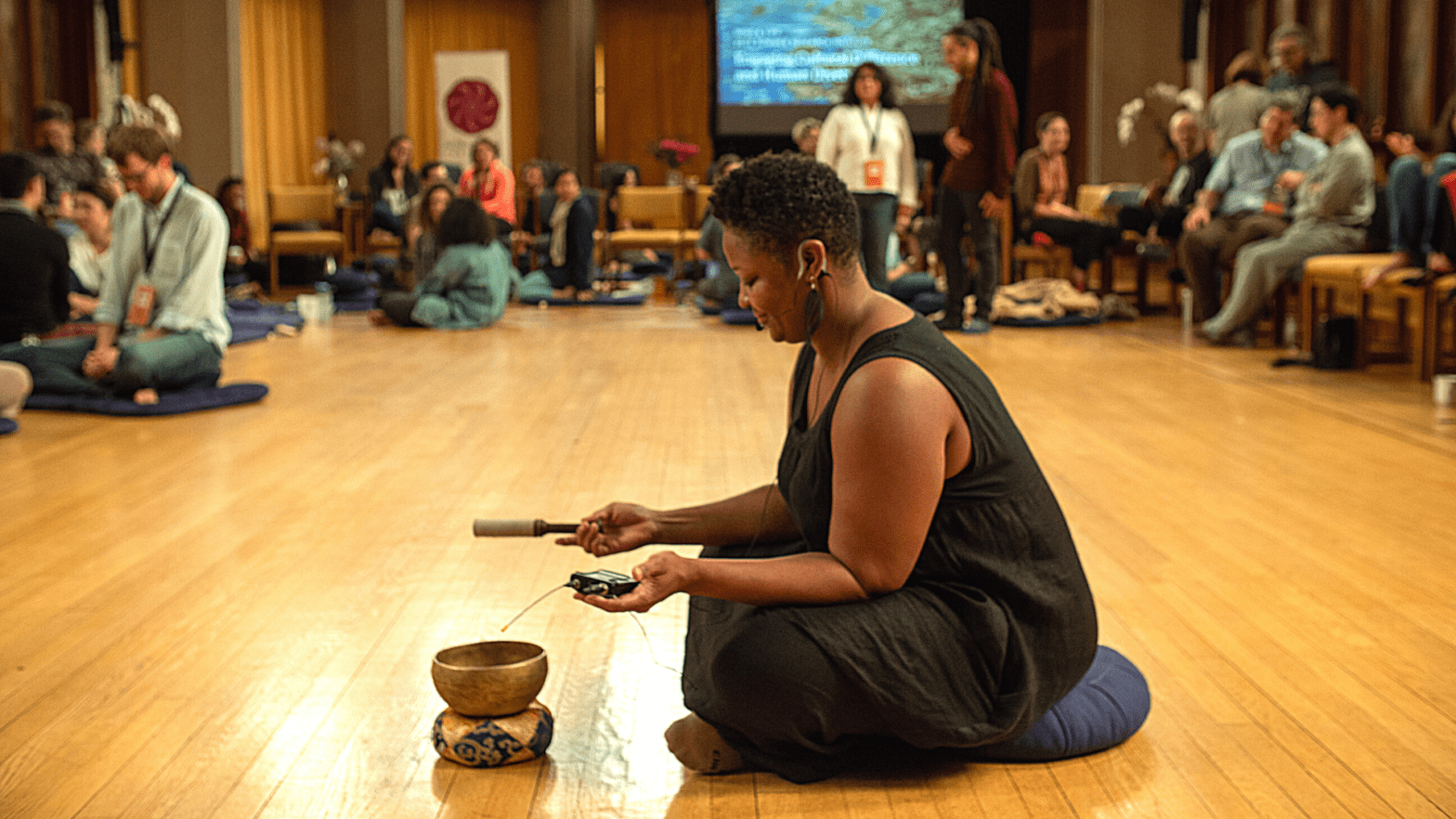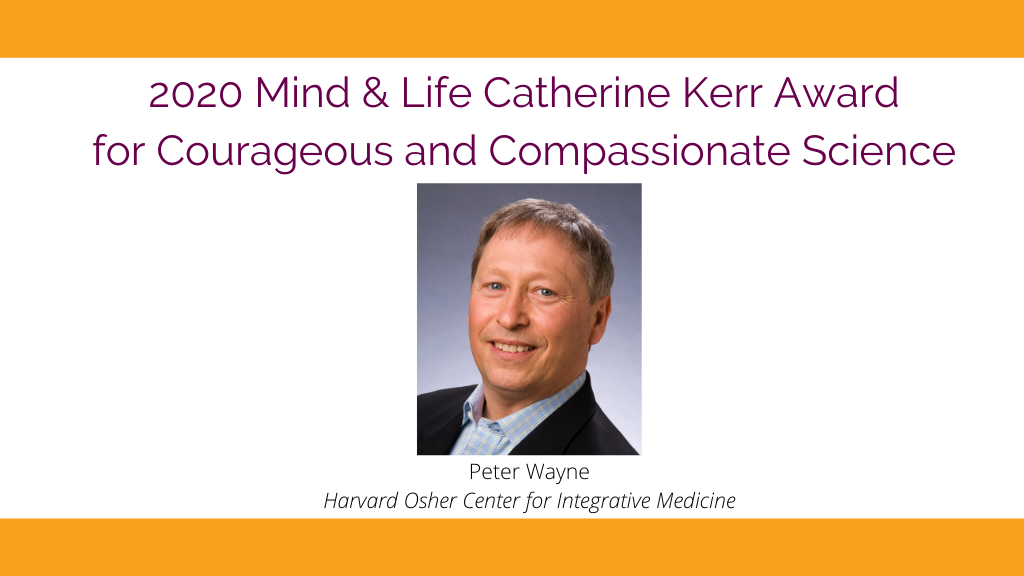Wake up your body’s energetic dimension of channels and chakras through the ancient contemplative practice of Tibetan yoga (Trul khor). This practice explores the potential of your body, breath and mind for clearing obstacles, and being doorways to your openness and clarity in meditation practice, and your everyday life. We will also learn some of …
Topic Archives:
Engaging Differences: How Learning Communities Can Help
Mind & Life periodically invites guest writers to contribute their perspectives and experiences to the blog as a way of deepening dialogue and understanding around key themes related to our mission. In 2018, I found myself facing a new entanglement in my research. I had been researching and facilitating the use of dance to transform …
Continue reading “Engaging Differences: How Learning Communities Can Help”
Conscious Connected Breathing for Chronic Low Back Pain: A Pilot RCT
Chronic pain is a major source of human suffering, and chronic low back pain (cLBP) is among the most prevalent, costly, and disabling persistent pain conditions. There is an urgent need for safe and effective treatments for cLBP and a greater understanding of the mechanisms whereby these treatments confer their therapeutic effects. Contemplative practices, including …
Continue reading “Conscious Connected Breathing for Chronic Low Back Pain: A Pilot RCT”
Dr. Peter Wayne Honored with Catherine Kerr Award for Courageous and Compassionate Science
“What excites me is making connections,” says Dr. Peter Wayne, who has devoted much of his career to bridging Chinese medicine and Western science, the mind and body, research and practice. As Director of the Osher Center for Integrative Health at Harvard Medical School and Brigham and Women’s Hospital, Peter oversees efforts to facilitate connections …
Inspiring Minds – December 2020
Our December conversation, “Finding Connections: Pathways to Embodied Wisdom,” features Peter Wayne, Willa Blythe Baker, and Srinivas Reddy. We discuss the relevance of ancient wisdom practices today and the profound inner-knowing that lies within the body.
Inspiring Minds – November 2020
Our November conversation “Yoga as a Tool for Social Change” features Richard Freeman and Gail Parker, along with pianist/composer Peter Kater. We’ll explore how embodied yoga practices can lead to greater self-awareness and agency in contributing to a better world.
International Society for Contemplative Research
In the last twenty years, a sharp increase in contemplative research has created the need for an academic home for interdisciplinary scholarship, community, dialogue, and collaboration. This special Think Tank grant goes to a multidisciplinary group of leading contemplative researchers to begin the development of a new professional society for the field. This is a …
Continue reading “International Society for Contemplative Research”
No Place Like Home: Decolonizing our American Dreams & the Necropolitics they Bury
Space seems limited these days, limited and limiting. The places we inhabit can inhabit us, leaving our imaginations of how to live otherwise too constrained to resist the tendencies of hoarding, hunting, and fencing that define our ideals, feeding habits of homemaking that have soaked the American Dream in so much violence. Rather than letting …
Mind/body awareness workshop for teachers living in post-conflict Northern Uganda
Between 1986 and 2006, northern Uganda was locked in a civil conflict where the local people experienced and/or witnessed poverty, rapes, beatings, and murders. Recently, yoga has been used in therapy to treat those who have suffered trauma (Emerson, 2015). Called trauma-sensitive yoga (TSY), TSY is a form of body-based therapy where yoga movement is …
Continue reading “Mind/body awareness workshop for teachers living in post-conflict Northern Uganda”
Impacts of yoga on self-regulation and emotion regulation in preschool education
Yoga generally involves movement sequences, breath regulation, and various techniques to improve attention. Yoga has helped adults and youth with low self-regulation (SR) and emotional regulation (ER) significantly improve in their ability to confront adversity with greater resilience. It has been postulated to exercise the neural connections involved in having children more efficiently engage in …
Continue reading “Impacts of yoga on self-regulation and emotion regulation in preschool education”





